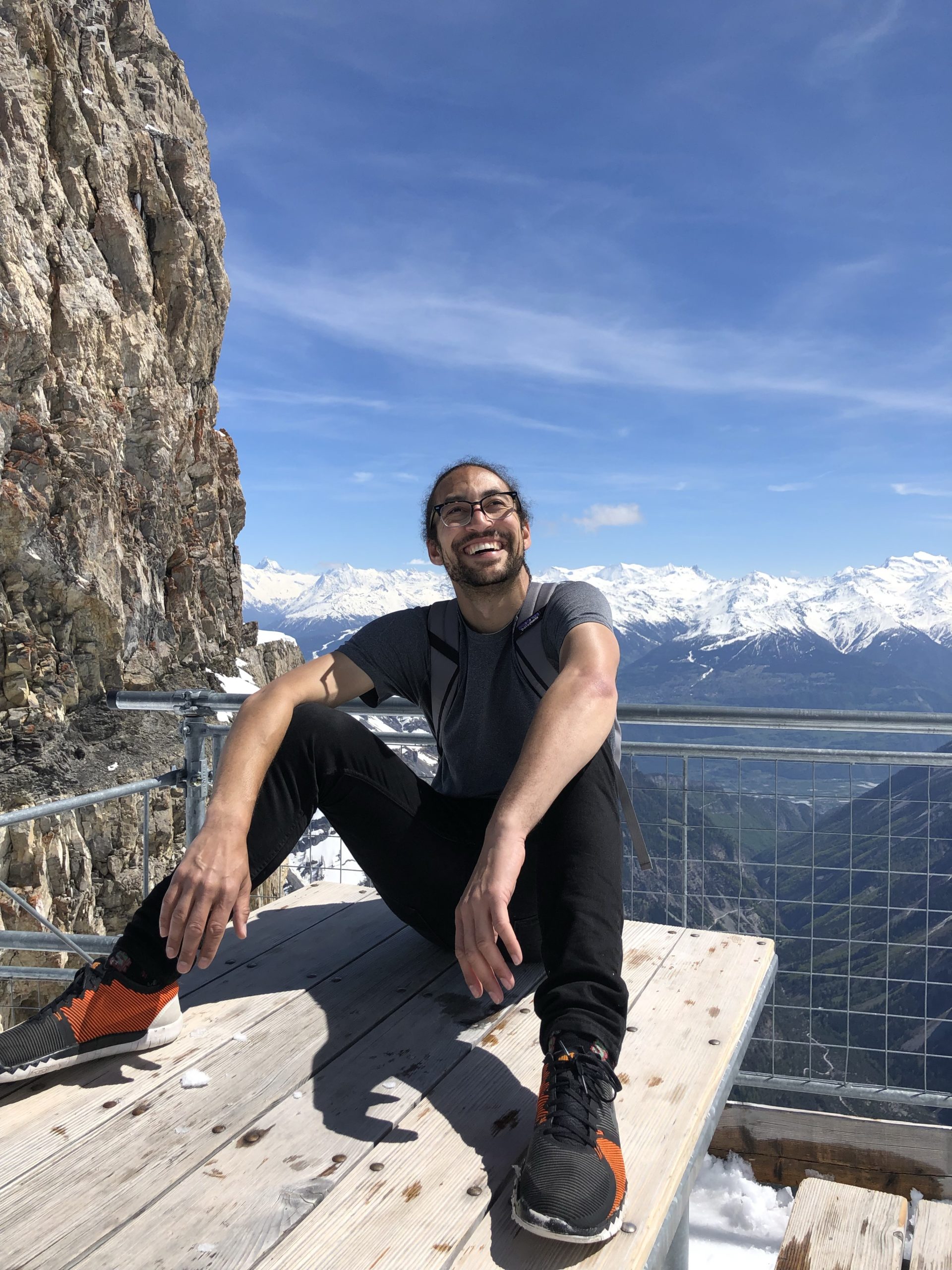
Why did you choose to study MSE?
My obsession with food led me to pursue MSE. I started playing in the kitchen as a child spending time with my amazing grandmother. That led to me taking on a job in the dining hall during my undergrad at UC Santa Cruz where I worked my way up to becoming one of the chefs. This provided the perfect playground to bridge all of the physics and chemistry I was learning in my courses to their effects on the materials, sorry foods, I was preparing to feed my peers. When I was finally introduced to materials science in my final year, I realized this was the field I wanted to pursue for any future studies, enabling thinking from the atomic all the way up to the macro scale.
What do you like most about MSE?
The interdisciplinary nature of the work combined with the applicability to everyday life inspires me everyday. I feel so fortunate to be able to work on problems that have pressing implications on our future, require me to think from a wide range of perspectives, and provide the opportunity to collaborate with such an incredible group of people.
Any interesting projects/research you are working on now that you’d like to share?
The random heteropolymers that we are studying in the Xu group are particularly fascinating in my opinion. These materials incorporate a diverse set of chemical functionalities all into individual polymer chains. While each chain has a unique monomer sequence, they exhibit similar behavior as an ensemble thanks to their statistical similarity. We’ve been able to demonstrate that they are remarkably effective at stabilizing proteins in environments that would typically lead to denaturation or loss of enzymatic activity, like organic solvents and inside plastics. We might consider them synthetic protein chaperones. Our most recent work demonstrates that they can also insert into lipid bilayers and selectively transport protons at rates similar to natural transmembrane proteins. Given the success of these two examples, it seems that we have captured at least some of the critical features of proteins themselves, with significantly less exertion of direct control than we would have expected from the traditional perspective of protein design.
What do you enjoy doing outside of school?
I still love to cook, so whenever I get a chance, which as of late has been unfortunately less frequent, I like to get in the kitchen, play, and feed my friends and family. This year I’ve been exploring more Turkish and Indian dishes, and have made a few different types of dumplings. I also like to explore the Bay Area on my bike and travel.
What are your future plans?
I’m interested in starting a company using the random heteropolymer technology to work on commercially relevant projects. I’m currently looking deeply at the world of start-ups and learning the legal side through the FORM+FUND program at the law school.
